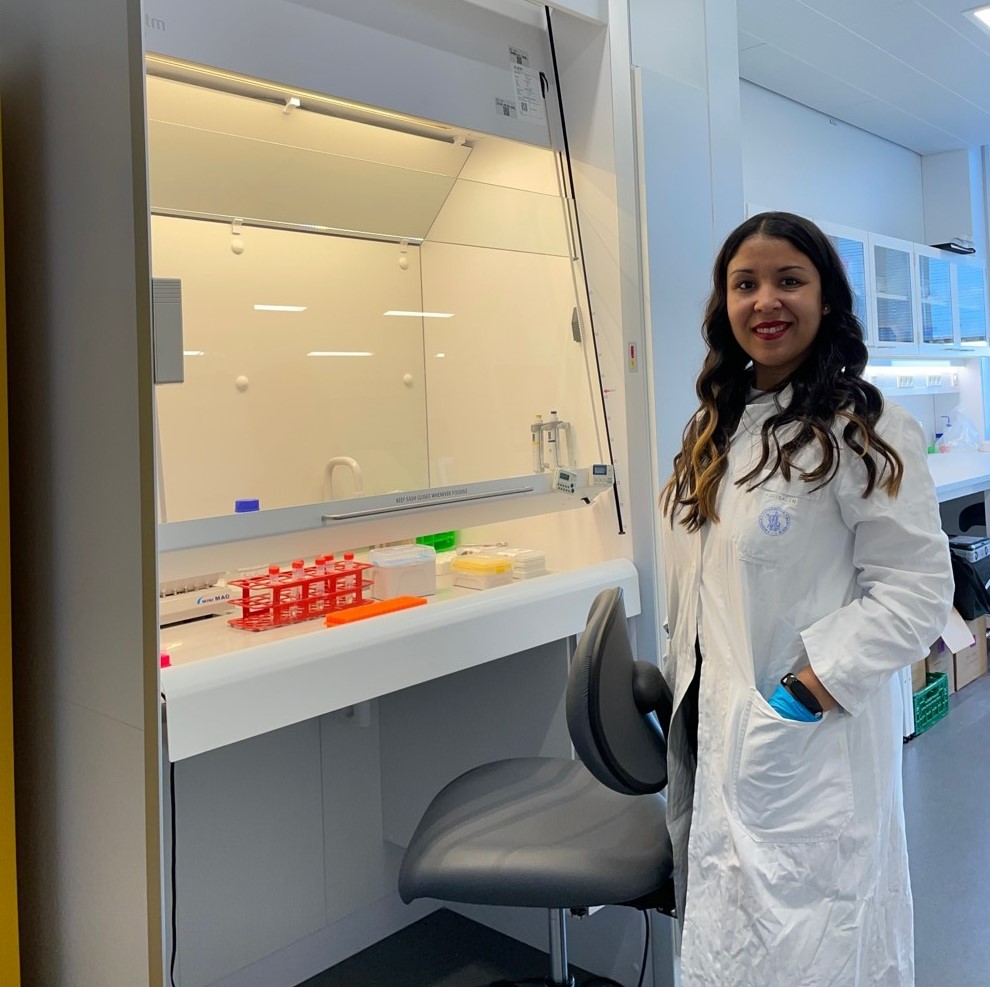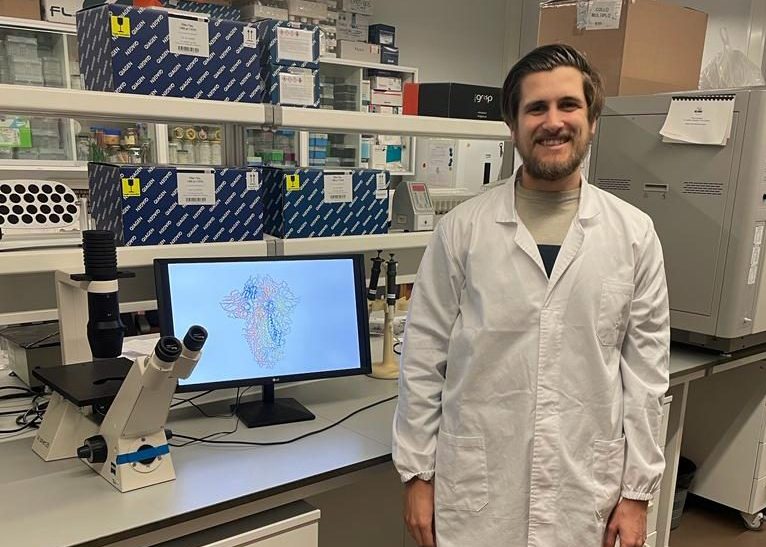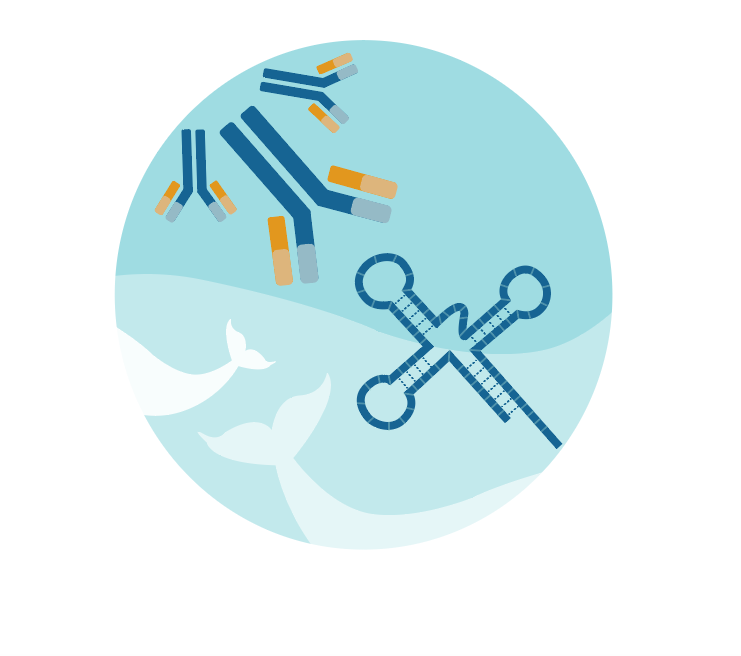The Gilead Génese Program distinguished the research project led by the ICBAS researcher Alexandra Moreira -“iCoV2PLUS”. This project aims to improve the manufacturing process of RNA and DNA vaccines against the various variants of SARS-CoV-2. The 33 thousand euros prize will allow “to carry out proof of concept experiments”. As she clarifies: «we will use a short non-coding nucleotide sequence to increase the stability of the RNA in RNA vaccines and to augment the DNA vaccines production with great benefits for the society”.
“More than 100 vaccines are being developed against Covid-19, with more than 30 being made of RNA or DNA. One of the biggest challenges in RNA vaccines is to make mRNA more stable and in DNA vaccines is to improve the efficiency of its production”, as explains Alexandra Moreira.
“During the last few years, our team has been studying iPLUS, a small genetic sequence that increases RNA stability and increases the production of recombinant proteins.
In this project, Alexandra Moreira points out, “we will apply iPLUS to improve the production of DNA and mRNA vaccines for Covid-19, with the aim of contributing to defeat the pandemic.
We will provide proof of concept that iPLUS increases mRNA stability and increases Spike protein production in five viral variants: original (Wuhan-Hu-1), Indian (Delta), UK (Alpha), Manaus (Gamma) and South Africa (Beta). The final goal, guarantees the researcher from i3S and ICBAS, “is to improve the manufacturing process of RNA and DNA vaccines against these five variants of the virus. The iCoV2PLUS will thus have a strong impact in the society, as it can reduce production costs and benefit the population in general and it makes industrial processes more efficient in accordance with good environmental practices and reduces the carbon footprint”.
Alexandra Moreira highlighted the great honour of receiving this award: “this prize will allow us to apply or knowledge to leverage RNA and DNA vaccine technology for multiple variants of SARS-CoV-2″. The Gilead Génese Program, “is fundamental to the success of our project, because it will allow us to buy expensive reagents and carry out proof-of-concept experiments that we wouldn’t be able to do otherwise. At the same time, it will allow us to translate our scientific knowledge to the mRNA and DNA vaccine industries, benefiting society in general”.
Created in 2013 with the aim of encouraging research, production and sharing of scientific knowledge and enabling initiatives that lead to the implementation of good practices in patient monitoring, the Gilead GÉNESE Program awarded this year six research projects and seven intervention projects community.
This text was written by Bárbara Silva, Communication Manager | Internationalization Working Group


